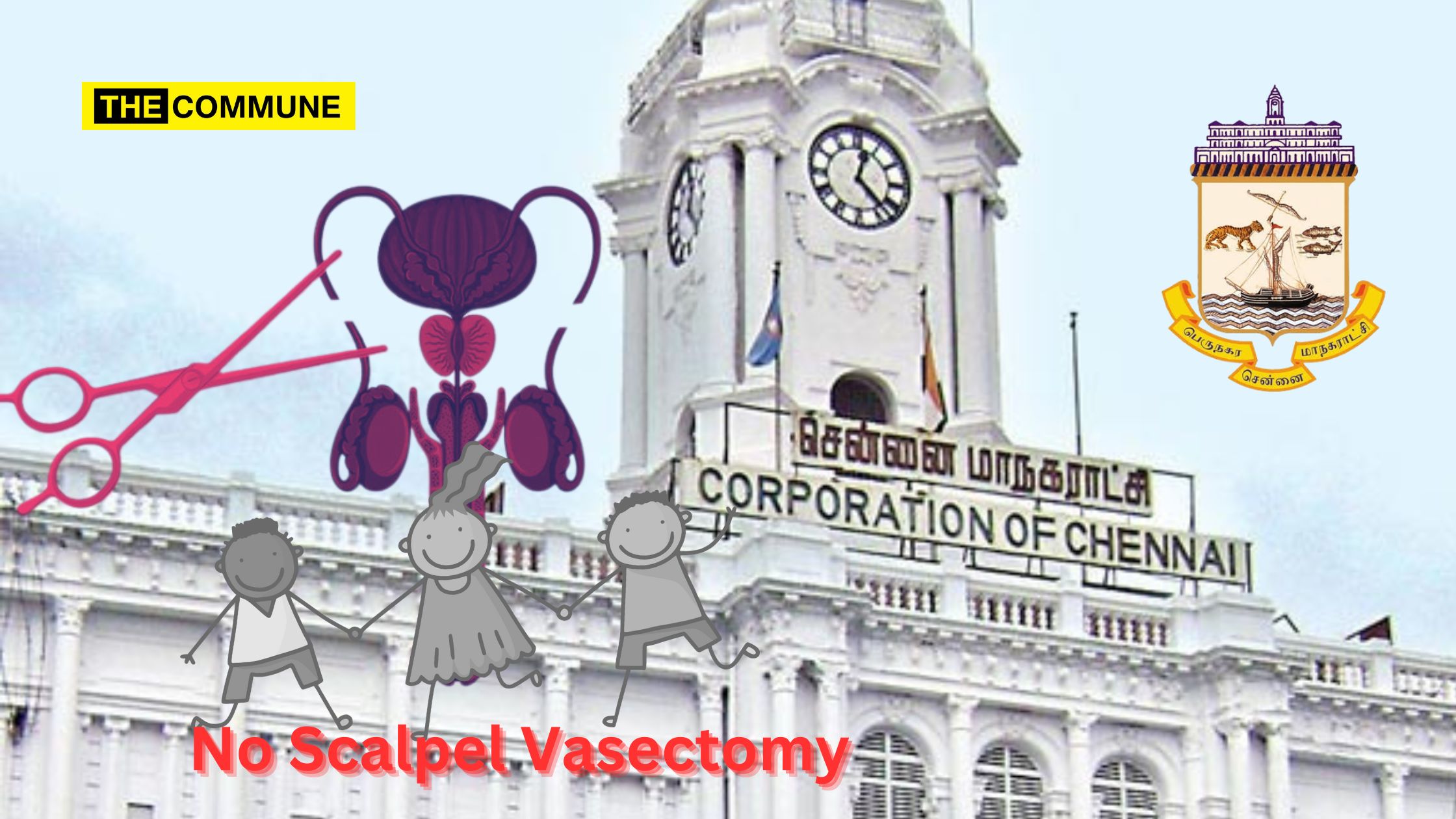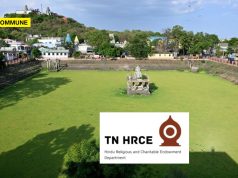
The Greater Chennai Corporation’s initiative to promote “No Scalpel Vasectomy” as part of its male sterilization campaign has sparked concerns among critics. They argue that at a time when Tamil Nadu’s population is facing a serious demographic challenge, with fertility rates significantly below the national average of 2.1, such a push may be counterproductive.
In a statement released on 19 November 2024, the Greater Chennai Corporation announced the organization of special modern family welfare sterilization camps for men. These camps will be held from 28 November to 4 December 2024, at urban community welfare centers in 15 mandals, running daily from 8am to 3pm. The procedure is simple and does not require an overnight hospital stay; patients can return home just an hour after treatment. The government is offering an incentive of ₹1,100 for individuals who opt for modern contraception, and ₹200 will be provided to those who bring their spouses along. The Corporation is urging men to prioritize the health of their wives and take advantage of this rare opportunity to access family planning services.
However, critics are raising concerns, citing the latest data from the National Family Health Survey (NFHS-5), which reveals that, the state’s fertility rate is the lowest in the country at just 1.4. The Total Fertility Rate (TFR) represents the average number of children a woman is expected to have during her lifetime, and a rate below 2.1 is considered below the replacement level, which could lead to long-term population decline. Tamil Nadu’s birth rate has decreased from 31.4 in 1971 to 13.8 now. According to the India Ageing Report 2023, jointly prepared by the United Nations Population Fund (UNFPA) and the International Institute for Population Sciences (IIPS), the southern states of Andhra Pradesh, Karnataka, Kerala, Tamil Nadu, and Telangana already have a significantly larger elderly population compared to northern states like Bihar, Uttar Pradesh, Jharkhand, Rajasthan, and Madhya Pradesh. Furthermore, the growth rate of the elderly population in these southern states is projected to be substantially higher between 2021 and 2036.
Critics also highlight data from the Census Sample Registration System, which projects that Tamil Nadu will be the only Indian state to experience a population decline by 2041, after peaking in 2031. In contrast, even neighboring Kerala is expected to continue its steady population growth. Given this demographic trend, critics argue that such measures in Tamil Nadu could be misguided and counterproductive.

This situation is catastrophic, as it is irreversible and will have far-reaching consequences on the state’s demographics, economy, and political representation in Parliament. Population size plays a crucial role in determining states’ share of the divisible pool of taxes, with the Finance Commission allocating 15% of the weight based on population.
Recently, Andhra Pradesh Chief Minister Chandrababu Naidu and Tamil Nadu Chief Minister MK Stalin both raised alarms about declining fertility rates in their states, urging families to have more children. However, the Greater Chennai Corporation’s current plan is viewed by many as a disastrous approach in light of these concerns.
Subscribe to our channels on Telegram, WhatsApp, and Instagram and get the best stories of the day delivered to you personally.




